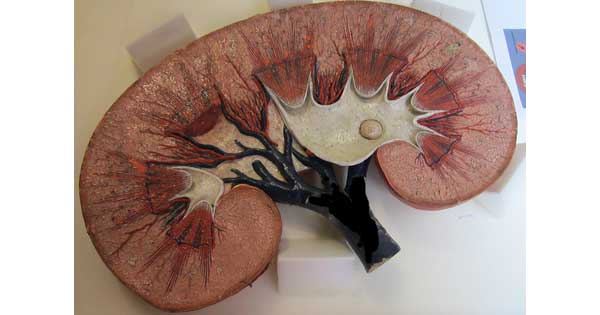
Thinking of buying a kidney? STOP, the leaflet warns. Based on the Declaration of Istanbul on Organ Trafficking and Transplant Tourism, a document published in 2008 by a global group of medical experts, the leaflet describes some of the dire consequences suffered by kidney donors after extraction. Such people are usually poor and desperate, may be coerced into selling their organs, and typically receive a small percentage of what the recipient pays. They may lack access to health care or be unable to work following removal of one of their kidneys.
Yet news reports indicate that the trade in illicit organs from living donors—primarily of kidneys, since the seller can survive with only one—is thriving. Early last month, a Costa Rican surgeon, who served as a chief doctor at a government-run hospital, was indicted on charges of human trafficking for the purpose of illegal organ harvesting. An investigation led by Costa Rica’s attorney general showed that the surgeon, Dr. Francisco Mora Palma, was involved with an international network of dealers specializing in selling kidneys to patients from Israel.
Despite such reported arrests and indictments, reliable data on the illegal trade are hard to obtain, according to the World Health Organization. That may be because of a problem peculiar to the trade: “organ laundering,” or, as Ana Manzano writes in the latest issue of the journal Transplantation, “organs obtained illicitly can take on the veneer of a licit transaction.”
Manzano, a lecturer in health and social policy at the University of Leeds in England, lists ways in which organ trafficking can be tricked out as legitimate when it is not. Illegal transplants, she writes, “tend to be concealed or disguised as altruistic donations,” and medical teams may make no attempt to determine the true nature of the donor-recipient relationship. Some issuers of medical insurance may even reimburse recipients for transplantation costs regardless of the origin of the organ.
Because organ laundering tends to be a complex, cross-border crime—sellers and recipients typically live on different continents—tracing traffickers can be tough. The sellers themselves may be afraid to take action against traffickers, either because of the stigma associated with selling organs or because they fear prosecution for illegal border crossings or offering false information.
When law-enforcement agencies do investigate organ trafficking, they may disproportionately target sellers over surgeons. In one 2010 case, four transplant surgeons at a hospital in Durban, South Africa, were accused of assisting in 90 illegal transplant operations, only to see the charges later withdrawn. Ilan Perry, an “organ broker” in the case, had charged recipients up to $120,000 (while paying Brazilian and Romanian kidney sellers an average of $6,000). He turned state witness and was not charged, but two recruiters who had sought out kidney sellers were imprisoned in their home country of Brazil.
Organ buyers may consider a transaction justified, perhaps because they are desperately ill or because of a dire shortage of transplant organs in their owncountry. But Manzano believes in raising awareness of “the exploitation of the poor involved in organ purchases and of [the] doctor’s duty of care for recipients but also for donors,” as she wrote to me via email.
Surgeons need to be scrupulous, she stresses. “Since organ purchase is a crime, they should make sure the institutions they work for have effective procedures in place to assess living donors,” Manzano says, in the same way that banks take measures to avoid being involved in money laundering.

